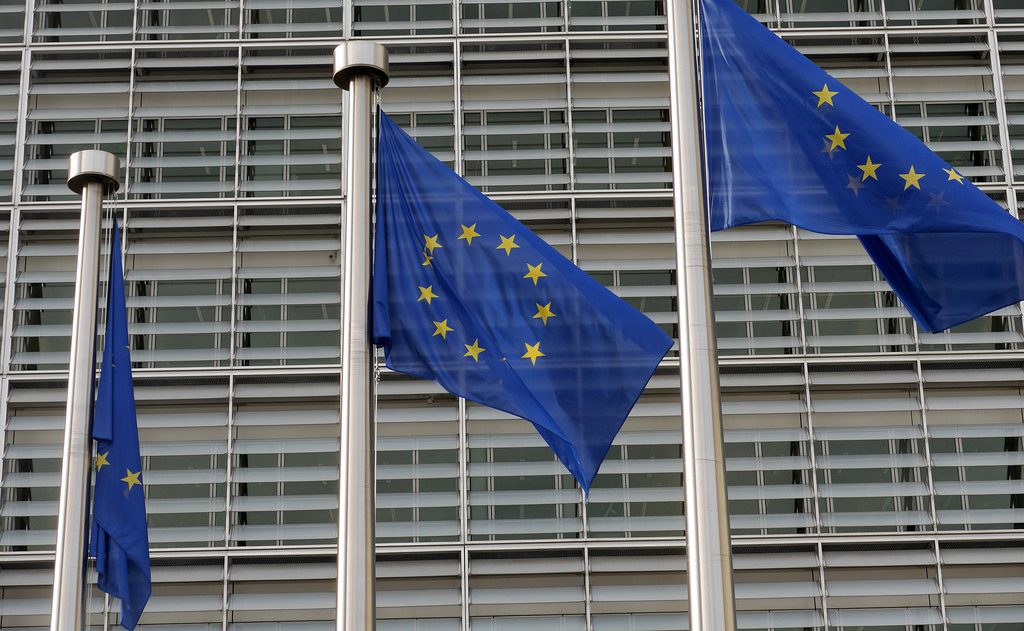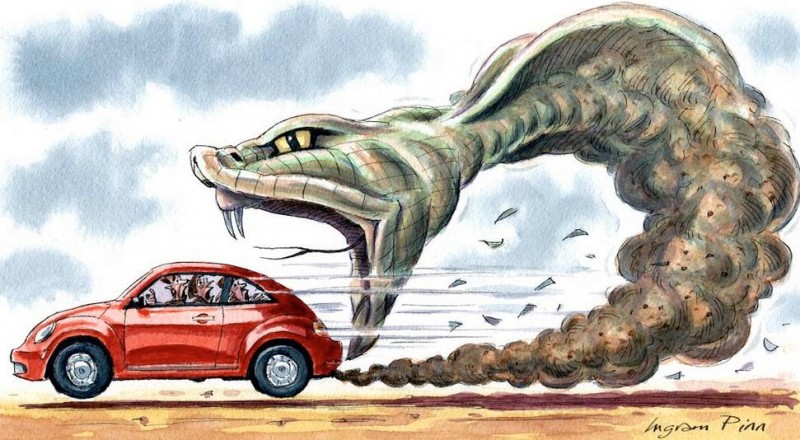Derrybrien: Our dismal failure to uphold the law

November 15th, 2019
The European Court of Justice (ECJ) took Ireland to the cleaners on Tuesday.
The highest court in the European land slapped us with a hefty €5 million fine. The State will also have to cough up €15,000 daily until it remedies the problem at hand.
The reason: our failure to ensure that an environmental impact assessment (EIA) was carried out for the Derrybrien windfarm – Ireland’s largest – as required under a previous ECJ ruling in 2008.
No, your eyes are not mistaken. That is, to put it bluntly, over a decade of inaction and failure to comply with EU law.
While many developers may see EIA as a roadblock to project completion, it is one of the fundamental tools we have to protect the environment and prevent the creation of damage at source rather than dealing with the effects postscript.
In this case, adherence to the law could have prevented the catastrophic events that took place in October 2003 at the 70 turbine farm in Co Galway.
A landslide caused by construction work at the site saw 450,000 cubic meters of peat slide down Slieve Aughty, washing into the local river system, killing around 50,000 fish, affecting the water supply to Gort, and impacting on daily life in the local area.
The situation was surely avoidable had the State and Hibernian Wind Power – the owner of the development and a subsidiary of the state-owned ESB no less – ensured that an EIA was carried out over 15 years ago.
While the large fines we must now pay made the headlines this week, a deeper reading of the judgement highlights the more significant issue of Ireland’s deep failing to adhere to environmental law.

Flip-flopping on remedies
The judgement levels weighty criticism at the State’s handling of this case, in particular the lack of coherence in our response to the 2008 judgement, flip-flopping from one possible remedy to another.
The fact that the fine set by the court is well in excess of the lump sum requested by the European Commission (who took Ireland to court) speaks volumes as to the level of frustration caused by the lack of coherence in our approach following the delivery of the judgment over 11 years ago.
The State told the Commission that an EIA would arrive by the end of 2008. Fast forward to early 2009 and the State said that it would instead resolve the issue by introducing new legislation to regularise the procedure for consents granted in breach of EIA obligations.
The State told the Commission that Hibernian agreed in principle to apply for consent under this new regime and that an EIA would be subsequently carried out.
By September, the Commission was still waiting and sent a further letter in March 2010 looking for answers. In July, Ireland confirmed the enactment of the new legislation. There was a hitch, however, and a pretty major one.
In October 2012, the State confirmed to the Commission that Hibernian – again, it must be stressed, a wholly-owned ESB subsidiary – was refusing to apply for substitute consent. By December the following year, the Irish authorities reported that the company was instead willing to carry out a “non-statutory” EIA that it said would still conform to EU law requirements.
A “concept document” followed in 2014 setting out a roadmap for the non-statutory assessment, followed by three drafts of an MoU with Hibernian sent to the Commission in early 2014, 2015 and 2016 and a new version of the concept document in December 2016.
Throughout this process, however, the Commission stated on several occasions that those documents did not enable Ireland to fulfil its obligations.
Growing impatient, it informed the State in January 2018 that, nine years after the delivery of the court’s initial judgment, no substantive progress had been made to rectify the EIA situation.
Not only that, the Commission argued that Ireland has not even taken the most minimum of steps to comply with the 2008 judgement. One month later, in February 2018, it brought the present action that has now left the Irish taxpayer with a substantial bill to pay.
Despite Ireland’s last-minute pleadings just days prior to the start of the court hearing in April that Hibernian had agreed to cooperate and that an EIA would be carried out as soon as possible, the ECJ was not buying it.
When questioned on this issue further at the court hearing, the State said that the formal agreement of the wind farm’s operator was still lacking.
The ECJ considered that this flip-flopping and shifting of positions over the years showed that we had failed to act in accordance with our EU Treaty responsibility to ensure legal protection in the fields covered by EU law.
This issue was deemed so severe that the Court took it into account when setting the high penalty for the State. The fines imposed should now act as a big wake-up call for our Government.
If not, the next Derrybrien may be just around the corner and would again leave our natural landscape, our biodiversity and our citizens footing the bill for our ongoing failure to adhere to environmental law.
[x_author title=”About the Author”]







